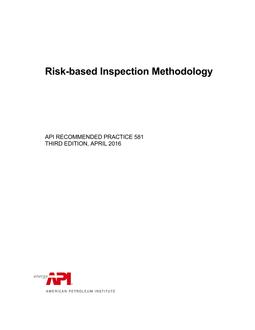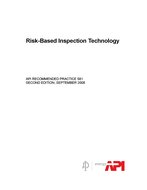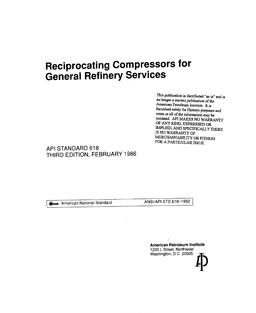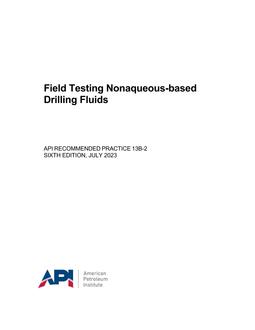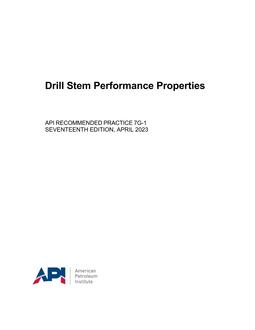API RP 581
Click here to purchase
This is the first revision of RP 581 in nearly 8 years! This new revision contains over 1,000 technical changes.
This recommended practice, API RP 581 Risk-based Inspection Methodology, provides quantitative procedures to establish an inspection program using risk-based methods for pressurized fixed equipment including pressure vessel, piping, tankage, pressure relief devices (PRDs), and heat exchanger tube bundles.
API RP 581 Risk-based Inspection provides guidance for developing Risk-based Inspection (RBI) programs on fixed equipment in refining, petrochemical, chemical process plants and oil and gas production facilities. The intent is for API RP 581 to introduce the principles and present minimum general guidelines for RBI while this recommended practice provides quantitative calculation methods to determine an inspection plan.
The calculation of risk outlined in API RP 581 involves the determination of a probability of failure (POF) combined with the consequence of failure (COF). Failure is defined as a loss of containment from the pressure boundary resulting in leakage to the atmosphere or rupture of a pressurized component.
Risk increases as damage accumulates during in-service operation as the risk tolerance or risk target is approached and an inspection is recommended of sufficient effectiveness to better quantify the damage state of the component. The inspection action itself does not reduce the risk; however, it does reduce uncertainty and therefore allows more accurate quantification of the damage present in the component.
Product Details
- Edition:
- 3rd
- Published:
- 04/12/2016
- Number of Pages:
- 664
- File Size:
- 1 file , 4.4 MB
- Redline File Size:
- 2 files , 34 MB
- Product Code(s):
- C58103, C58103, C58103, C58103, C58103, C58103
- Note:
- This product is unavailable in Cuba, Iran, North Korea, Syria
API RP 581
Click here to purchase
API has researched and developed an approach to risk-based inspection (RBI). This document details the procedures and methodology of RBI. RBI is an integrated methodology that uses risk as a basis for prioritizing and managing an in-service equipment inspection program by combining both the likelihood of failure and the consequence of failure. Utilizing the output of the RBI, the user can design an inspection program that manages or maintains the risk of equipment failures. The following are three major goals of the RBI program:
- Provide the capability to define and quantify the risk of process equipment failure, creating an effective tool for managing many of the important elements of a process plant.
- Allow management to review safety, environmental, and business-interruption risks in an integrated, cost effective manner.
- Systematically reduce the likelihood and consequence of failure by allocating inspection resources to high risk equipment. The RBI methodology provides the basis for managing risk, by making informed decisions on the inspection method, coverage required and frequency of inspections. In most plants, a large percent of the total unit risk will be concentrated in a relatively small percent of the equipment items. These potential high risk components may require greater attention, perhaps through a revised inspection plan. With an RBI program in place, inspections will continue to be conducted as defined in existing working documents, but priorities and frequencies will be guided by the RBI procedure. The RBI analysis looks not only at inspection, equipment design, and maintenance records, but also at numerous process safety management issues and all other significant issues that can affect the overall mechanical integrity and safety of a process unit.
Product Details
- Edition:
- 2nd
- Published:
- 09/01/2008
- Number of Pages:
- 607
- File Size:
- 1 file , 6.2 MB
- Redline File Size:
- 2 files , 32 MB
- Product Code(s):
- C58102, C58102, C58102
- Note:
- This product is unavailable in Cuba, Iran, North Korea, Syria
